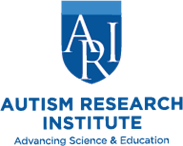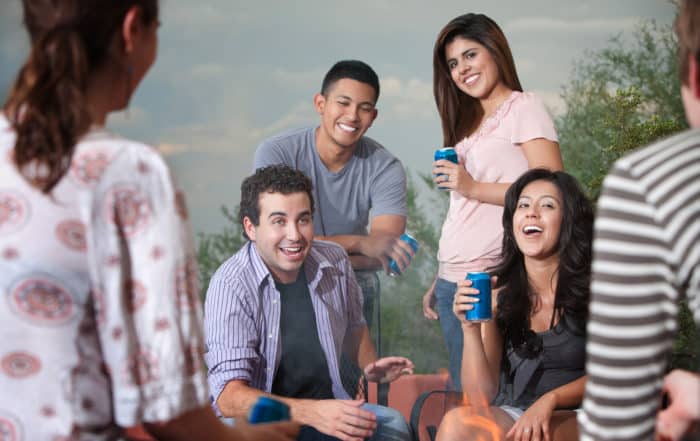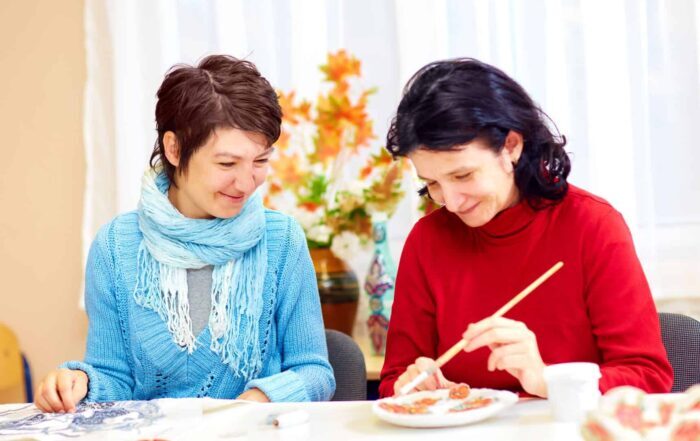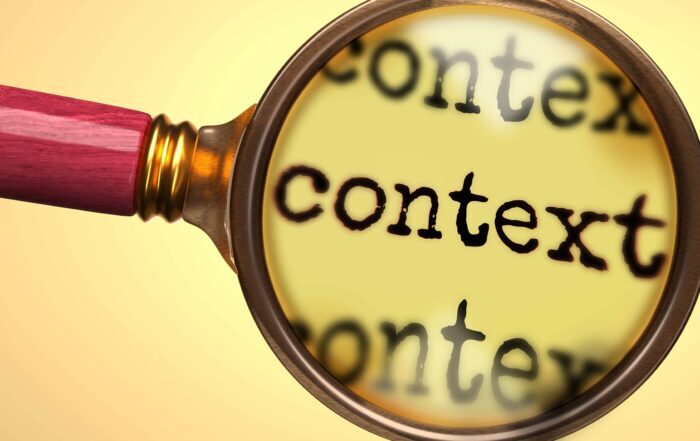Dr. Matthew D. Lerner, Ph.D., discusses social development in individuals with autism. He emphasizes understanding theoretical mechanisms that underly processes generally accepted as social “skills.” The presenter outlines recent findings and discusses their implication in treatments and personal understanding. Lerner highlights the importance of enabling individuals to create meaningful connections and relationships instead of focusing on how people act in social situations. He presents a new model for understanding social development in autism and closes with a question-and-answer session.
In this presentation
2:50 – Background and outline
3:20 – How to understand social “skills” problems
5:30 – Why study adolescents with autism
10:00 – Story: I want to be a psychic
12:30 – Populations that may have social difficulties
15:00 – Mechanisms
16:08 – Social skills mechanisms
25:30 – Social knowledge
28:00 – Social cognition
32:12 – Insight/self-awareness
37:00 – Social motivation
39:54 – Social information processing
45:00 – Social creativity
47:42 – Quantity of social interaction
52:25 – New model for understanding social development in autism
54:30 – Practical/intervention implications and questions
56:30 – Q & A
Summary
Lerner differentiates between social “skills” and theoretical mechanisms related to social engagement. He posits that we should consider how individuals present in social contexts and how theoretical mechanisms relate to social engagement (3:20). The presenter highlights that this is not a new idea – we understand pathways of medication in our bodies and the mechanisms they impact (15:20). Therefore, we can create more supportive and direct treatments when equivalent mechanical processes for social functioning are understood.
Dr. Lerner emphasizes that treatments should aim to enhance individual abilities to create and maintain deep relationships instead of how individuals act in social situations (13:30). He outlines research on eight theoretical mechanisms generally understood as social skills. He defines each “skill,” outlines study methods and findings, and discusses their implication in treatments and research (16:08):
Social knowledge (SK)
Studies have found no correlation between the amount of SK and successful social interaction. Findings also revealed no significant difference in SK between individuals with autism and their neurotypical peers (25:30).
Take home: Social knowledge may not be as important as we thought.
Social cognition (SC)
A digital multi-site study looking at aspects of social cognition across domains in individual patients showed slight variation between groups and significant variability within and between participants (28:00).
Take home: Individual profiles matter in social cognition and treatment development.
Insight/self-awareness
Multiple studies reveal that children with autism generally rate their own social skills considerably higher than their peers or parents/caretakers rate them (32:12). He defines positive illusory bias as it occurs in ADHD and notes its importance in building self-esteem (33:08). Lerner states that we need to focus on things individuals are doing well instead of the things they are not doing well enough.
Take home: Self-awareness may matter more than previously thought.
Social motivation (SM)
Studies have shown that children with autism and high SM generally have poorer emotion recognition (ER). In some cases, individuals are so motivated to interact that it overwhelms their ability to read the response of others (37:00).
Take home: Social motivation is important – but complicated.
Social information processing (SIP)
EEG results show the speed of initial brain processing relates to better ER and a meta-analysis revealed the n170 blip (41:10) occurs between 30 – 50 milliseconds slower in individuals with autism (42:15). A third study revealed that individuals with and without autism can effectively decode emotional information (43:30). Therefore, treatments should make SIP mechanisms work well for individual patients.
Take home: SIP is encoded but not always translated.
Social creativity (SC) – flexibility in thinking (opposite of social knowledge)
Survey and questionnaire studies reveal SC as one of the only mechanisms related to successful social interactions (47:42). Therefore, if we can find ways to promote SC, we could support more effective social interaction.
Take home: Social creativity is very promising.
Quantity of social interaction
Studies have found that individuals who can effectively read their own emotions engage in significantly more social situations (47:42). Therefore, Lerner posits that effective social interactions may naturally progress if practitioners aim to help individuals identify their own emotions.
Take home message: Quantity of social interaction is not necessarily reduced in autism, and we should consider other factors.
Contextual variability
A recent study found that the ability to adjust behaviors in different social contexts may matter even more than symptom/behavior severity (50:33).
Take home: Contextual variability is more important than symptom/behavior severity.
Lerner concludes by outlining a model for supporting effective social interactions in individuals with autism (52:25). He describes current research aims and objectives (54:30) before opening a question-and-answer session (56:30).

Matthew D. Lerner, Ph.D. is an Associate Professor of Psychology Psychiatry, & Pediatrics in the Department of Psychology at Stony Brook University, where he directs the Social Competence and Treatment Lab. He is the founding Director and current Research Director of the Spotlight Program at the Northeast Arc in Massachusetts, a year-round program for social competence and confidence development, serving more than 200 youth annually. Learn More
Take the knowledge quiz
Can’t see the quiz below? Take it online HERE
The Science of Making Friends for Autistic Youth: Lessons from the UCLA PEERS Program
Free webinar at 5 p.m. Eastern time (US), Wednesday August 28, 2024 Learn research updates on evidence-based strategies to support adolescents and young adults develop social skills that encourage lasting friendships.
Study finds that employees with autism are less likely to exhibit “bystander” effect
Employees with autism spectrum disorders (ASD) may contribute to businesses in a unique way because they are less likely than neurotypical individuals to exhibit the “bystander” effect, according to a new
Autistic adults show enhanced generosity toward strangers
Adults with autism spectrum disorders (ASD) tend to be more generous to strangers than their neurotypical peers are, according to new research. In the study, Paul Forbes and colleagues explored differences
Social Media Use and Autism – Teens and Adults
Pamela Wisniewski, PhD, presents new research about the online and social media experiences of autistic teens and young adults. Her research findings emphasize teaching teens how to leverage technology to their
Back-to-School Resources
Whether you’re a parent preparing a child for grade school or an adult transitioning into or out of college, the back-to-school season can present unique challenges for families and individuals with autism.
Contextual clues can trip up individuals with ASD
Adolescents with autism spectrum disorders (ASD) may have difficulty understanding other people’s emotions because they do not use contextual clues, a new study suggests. The study, by Steven Stagg and colleagues,







